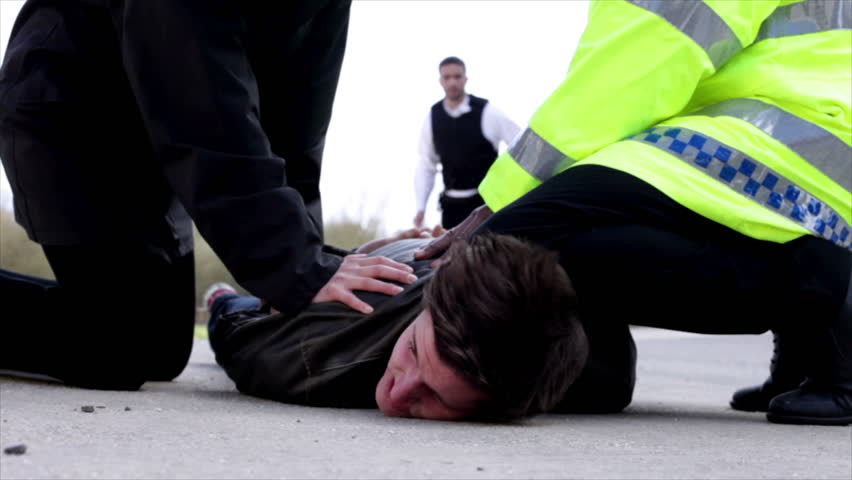Assaulting a police officer in North Carolina – Like many other jurisdictions, there are categories of crimes in North Carolina including but not limited to: property crimes, sex crimes, homicide crimes, and drug crimes. To take things one step further, there are also categories of victims. Meaning, that sometimes committing a crime against one type of person leads to a different punishment that committing that same crime on someone else, an example of this is hate crimes. The main crime that comes to mind however, is assault and the main “victim type” that comes to mind is police officers.
In this blog, we will discuss assaulting a police officer in North Carolina. Like all our blogs, this is intended for informational purposes only and not as a substitute for the advice and counsel of a criminal defense attorney.
Factors necessary for the crime to be alleged
For the matters of our discussion, it is important to note that North Carolina refers to the crime as assault on a government official. This means that the it is not limited to just police officers are other government officials such as probation officers, correction officers, and several other forms of law enforcement and government personnel would qualify.
The assault carried out, requires that not only the person be a law enforcement officer, but also that he or she was performing their duties at the time of the alleged assault.
What’s the difference between this and a regular assault?
The way the law is written, assault on a government official makes this a more severe crime than it would be if the assault was perpetrated against a non-government official. For example, a simple assault is a Class 2 misdemeanor, but that same assault on a government official is a Class A1 misdemeanor (two severity levels higher). Other examples are as follows:
- Assault inflicting physical injury on a law enforcement officer – is a Class I felony
- On a non-law enforcement officer, this would be most likely a simple assault and thus a Class 2 misdemeanor (unless serious injury was inflicted and then a simple assault would become a Class A1 misdemeanor).
- Assault Inflicting serious injury on a law enforcement officer – is a Class F felony
- Assault inflicting seriously bodily injury to someone not in law enforcement would be a Class H felony.
- Assault with a firearm upon a law enforcement officer – is a Class E felony
- Depending on the specifics of the allegation, this could as simples as assault by pointing a gun, if it’s done to a non-law enforcement officer – thus a Class A1 misdemeanor
**Please note that North Carolina makes distinctions between physical injury, serious injury, and serious bodily injury. If it seems confusing, it is because it can be.
Criminal law can be very complicated. If you or a loved one has been charged with a crime, you should seek professional help immediately.

